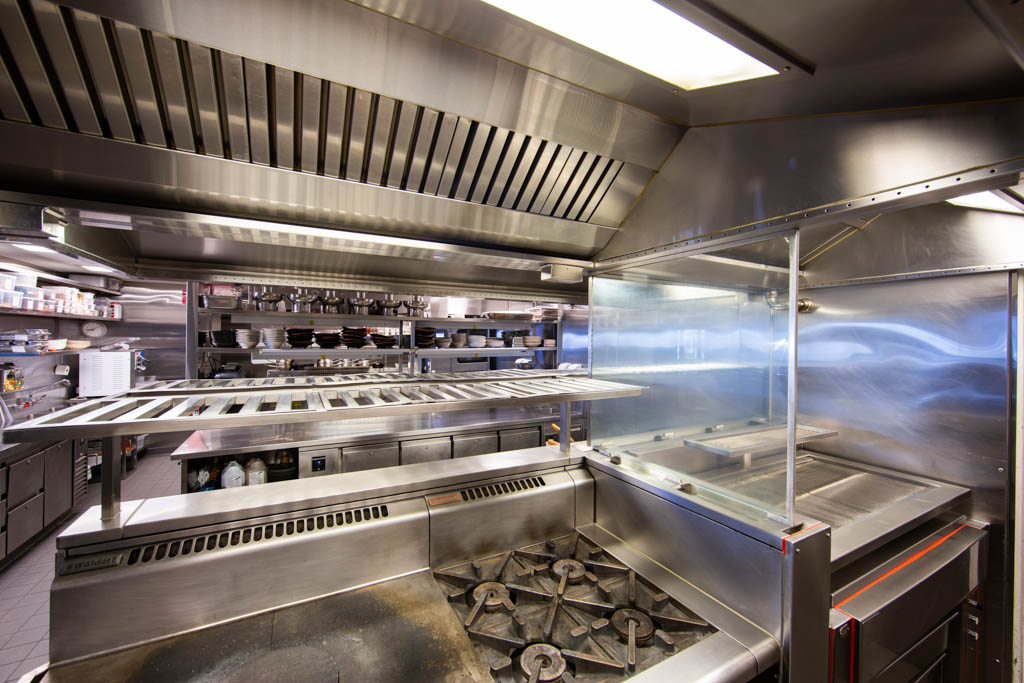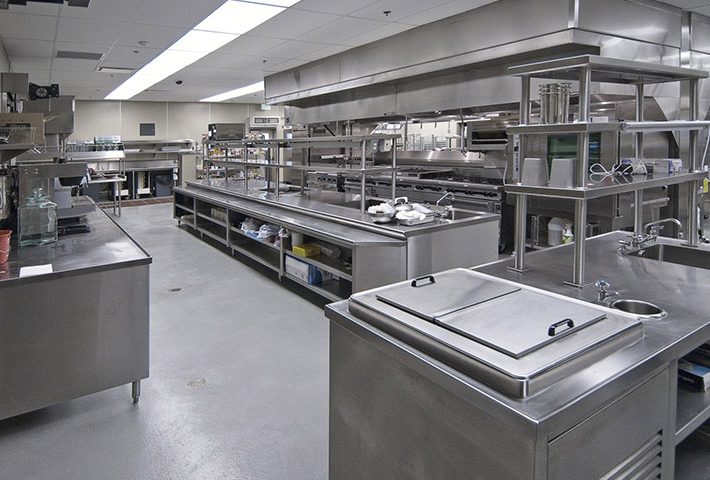Role of Smart Hubs in a Smart Commercial Kitchen for Your Company

In the fast-paced universe of commercial kitchen australia, efficiency, and productivity are paramount. Smart innovation has made its way into the culinary industry, offering innovative answers for streamlining operations and enhancing performance. One vital part of a smart commercial kitchen is a smart hub.
What is a Smart Hub in a Commercial Kitchen?
A smart hub is a central control framework that interfaces and manages various smart gadgets and appliances in commercial kitchen australia. It fills in as a hub for communication, data exchange, and control, allowing for seamless integration and coordination of operations. Smart hubs can be hardware-based systems or software platforms that enable network and automation in the kitchen.
Benefits of a Smart Hub in a Commercial Kitchen
Centralized Control and Monitoring
A smart hub gives a single interface for controlling and monitoring different smart gadgets and appliances. Cooks and kitchen staff can access and manage different kitchen operations from a centralized platform, simplifying the work process and reducing the need to separately interact with individual gadgets.

Enhanced Efficiency and Productivity
With a smart hub, kitchen operations can be streamlined and improved. Tasks, for example, inventory management, recipe monitoring, temperature control, and cooking cycles can be automated and synchronized, reducing manual blunders and saving valuable time. This improved efficiency translates into increased productivity and smoother kitchen operations.
Improved Communication and Collaboration
A smart hub enables seamless communication and collaboration among the kitchen staff. Real-time updates, alerts, and notifications can be shipped off various team individuals, ensuring smooth coordination and ideal reactions. This advances powerful teamwork and facilitates a better communication stream in a fast-paced commercial kitchen climate.
Data Analysis and Insights
Smart hubs gather and analyze data from various associated gadgets, providing valuable insights into kitchen operations. Data, for example, energy usage, gear performance, inventory levels, and cooking parameters can be observed and analyzed to distinguish patterns, enhance cycles, and make data-driven decisions for improved efficiency and cost savings.
Energy Efficiency and Sustainability
A smart hub enables intelligent energy management in a commercial kitchen. It can screen and control energy usage, upgrade hardware settings for energy efficiency, and recognize areas for development. By minimizing energy waste and optimizing asset utilization, a smart hub adds to a more sustainable and environmentally well-disposed kitchen operation.
Remote Access and Control
With a smart hub, kitchen managers or proprietors can have remote access and control over kitchen operations. This feature allows them to screen performance, get real-time alerts or notifications, adjust settings, and manage operations in any event when they are not physically present in the kitchen.
Cost-Effectiveness
Operating a traditional restaurant accompanies significant overhead costs, like lease, utilities, and staffing. Cloud kitchens eliminate many of these costs, allowing business people to zero in on their assets on food preparation, branding, and marketing. This cost-effectiveness makes it an attractive choice for budding food businesses and established brands looking to expand their conveyance operations.
Flexibility and Scalability
Cloud kitchens give a serious level of flexibility and scalability. Since they don’t depend on physical dining space, they can adapt to changing market demands all the more easily. This flexibility allows businesses to test new ideas, launch numerous brands under one roof, and scale their operations rapidly.








